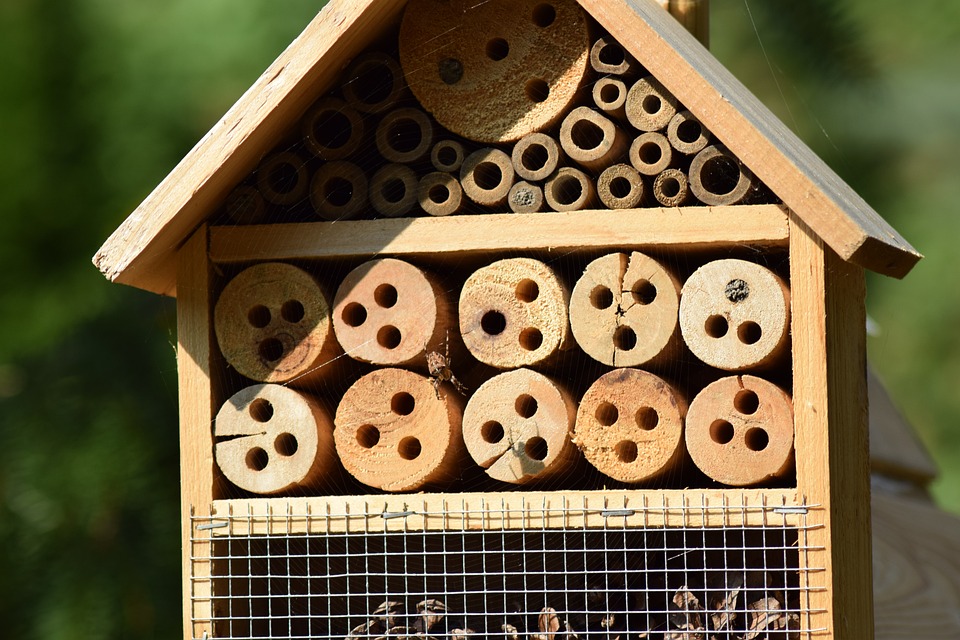As summer approaches and outdoor activities increase, so does the unwelcome intrusion of pesky bugs. While traditional pesticides can be effective in keeping your home insect-free, they often come with a long list of potential health risks for humans and pets, as well as environmental concerns. Fortunately, there is a growing trend towards natural bug sprays that provide a safer, eco-friendly alternative. In this article, we will explore the benefits of natural bug sprays, their effectiveness, and how to create your own at home.
Why Choose Natural Bug Sprays?
Health Benefits
Traditional pesticides contain a cocktail of synthetic chemicals that can pose health risks, particularly for children and pets. Prolonged exposure can lead to a range of health issues, including headaches, allergies, and even more serious conditions. Natural bug sprays, on the other hand, are often made from plant-derived ingredients that are generally safer for humans and animals.
Environmental Impact
Chemicals from conventional pesticides can seep into the ground, affecting soil and water quality. Natural bug sprays typically use biodegradable ingredients that are less harmful to the ecosystem. By choosing natural solutions, you contribute to the health of the planet while effectively managing pest problems.
Efficacy
Many people assume that because natural bug sprays are free from harsh chemicals, they are less effective. However, numerous studies and testimonials show that many natural ingredients can be just as powerful in repelling bugs. Ingredients like essential oils from plants such as lavender, peppermint, and eucalyptus have demonstrated efficacy against a variety of pests.
Key Ingredients in Natural Bug Sprays
-
Essential Oils: Many natural bug sprays rely on essential oils for their pesticidal properties. Oils like citronella, tea tree, neem, and lavender are not only pleasant-smelling but can also repel insects effectively.
-
Vinegar: White vinegar is a natural disinfectant and can repel ants, spiders, and other insects. It’s also great for cleaning surfaces, making it a dual-purpose solution.
-
Garlic: Garlic is an effective insect repellent due to its strong odor. When mixed with water, it can create a spray that deters mosquitoes and other pests.
-
Soap: Some natural sprays incorporate liquid soap as a surfactant. It can suffocate insects and is a safe way to tackle soft-bodied pests like aphids.
- Citrus Peels: Citrus naturally repels certain insects due to its strong scent. Using lemon or orange peels in a spray can help keep pests at bay.
How to Create Your Own Natural Bug Spray
Creating your own natural bug spray is simple and cost-effective. Below are a few recipes for common pest problems:
Basic Essential Oil Bug Spray
-
Ingredients:
- 2 cups water
- 2 tablespoons castile soap or liquid soap
- 20-30 drops of any essential oil (lavender, peppermint, or eucalyptus are great options)
- Instructions:
- Combine water and soap in a spray bottle.
- Add essential oil and shake well before each use.
- Spray around doorways, windows, and other entry points as needed.
Vinegar and Water Ant Repellent
-
Ingredients:
- 1 cup white vinegar
- 1 cup water
- Instructions:
- Mix equal parts vinegar and water in a spray bottle.
- Spray directly onto ants or in areas where you’ve spotted them.
Garlic Bug Spray
-
Ingredients:
- 4-5 cloves of garlic
- 1 liter of water
- Instructions:
- Blend the garlic with water until well combined.
- Let sit overnight, strain the mixture, and pour it into a spray bottle.
- Spray plants and areas where you notice pests.
Tips for Using Natural Bug Sprays
-
Frequency: Natural bug sprays often require more frequent application than their chemical counterparts. Reapply every few days and after rain.
-
Test on Surfaces: Test your homemade sprays on a small area first to ensure they do not damage the surface you are spraying.
-
Store Safely: Keep your bug sprays in a cool, dark place. Some natural ingredients, like oils, may degrade when exposed to heat or direct sunlight.
- Combine Methods: For more effective pest control, consider combining your natural bug sprays with other methods, such as regular cleaning and sealing off entry points.
Conclusion
Natural bug sprays offer an effective, safer, and environmentally friendly way to keep pests at bay. By understanding the power of natural ingredients and how to create your own sprays, you can enjoy a pest-free home without sacrificing health or environmental integrity. As the season of bugs approaches, it’s time to say "Buzz Off!" to harmful chemicals and embrace the natural alternatives that enable you to thrive in your bug-reduced sanctuary.
